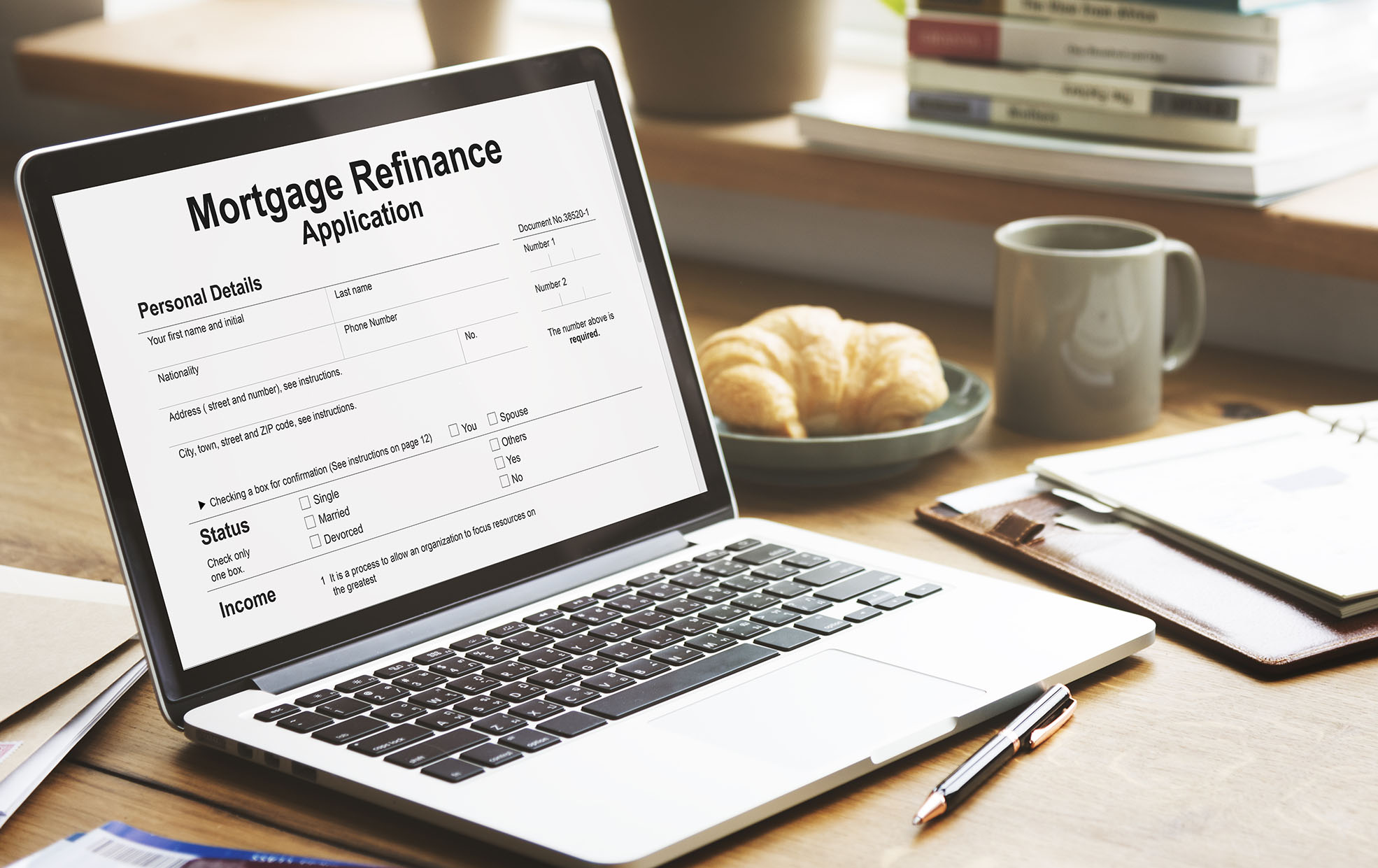
When You Should Wait to Refinance
September 9, 2020 12:00 pm
As mortgage rates hit a low point, many people are choosing to refinance their old loans. In July, the number of Americans choosing to refinance a loan was up 74% over the same period last year. If you want to change your loan term or decrease the interest payments, then refinancing can be a great option — but while there are plenty of times that it makes sense to refinance, there are some sets of circumstances when it might not be such a good idea. Before making such major decisions, it’s important to consider the times when it may be better to wait before refinancing.
1. When You’ll End Up Paying More
Depending on when you took out your mortgage, you could be paying eye-wateringly high interest rates. If you took it out in the 1980s, you could be paying as much as 18.63%, and even if you took out your mortgage in 2007, you may be paying 6.34%, which is double the going rate today. Clearly, if you’re paying a very high interest rate, refinancing may well be a good option for you.
But if you’re paying 4.5% and refinancing would see you paying 3%, you’ll have to work out whether refinancing will really leave you better off. Remember that refinancing is likely to involve closing costs of around 2–5% of the loan, as well as appraisal fees. The average amount people pay in closing costs is $5,779. The best way to calculate the total costs of repayment is to use a loan amortization calculator.
It’s also important to factor in how long you’ll be paying on the loan. Your monthly fees may go down, but if you add an extra 10–20 years to your mortgage, you may well end up paying more overall. In the case of an auto loan, you could end up turning your loan ”upside down,” meaning you could pay more for your car than it’s worth and still be paying for it after you’ve stopped using it.
2. When It Will Lead to More Debt
If you have large debts on multiple credit cards, it may seem to make sense to move what you owe into one new loan through a loan refinance. Credit card interest is notoriously high, so if you refinance your mortgage and combine all your debts into one, you could end up paying a lot less in interest.
However, this is best avoided if you think that there is even a small chance that freeing up capacity on your credit cards may lead to racking up more consumer debt. In the worst case scenario, you could end up with a new, higher mortgage and your same old credit card debt. Remember that moving debt around isn’t the same as paying it off. If you aren’t able to meet your monthly payments, there’s a chance you could lose your home.
3. When You Plan on Moving Soon
In order to calculate whether you’ll gain or lose money by refinancing your home, it’s essential that you know how many more years you plan to live there. A breakeven point is the amount of time it will take to recover the closing costs with the savings you’ll make overall. In most cases, the breakeven point will be three years so you need to be certain you won’t be moving any time soon.
How Your Credit Score Affects Refinancing
Many situations in life can damage your credit score, from getting divorced to losing your job or having a medical emergency. If you found yourself in one of these circumstances and your credit score isn’t what you wanted it to be as a result, you may have found yourself taking out a loan with a high interest rate.
But you can always turn things around. Getting your best credit score doesn’t have to be complex or time-consuming. With ScoreMaster, you can track your score and watch it improve with a gamified dashboard. In 20 calendar days or less, you can boost your score with a simple but effective method of spending and paying revolving debt. Once your score has bounced back, you’ll be able to access better deals on loans and improved refinancing options.
*Legal Disclaimer – ScoreMaster is a patent-pending educational feature simulating credit utilization’s effect on credit scores via payments or spending. Your results may vary and are not guaranteed.
References:
- https://www.thebalance.com/when-home-mortgage-refinancing-is-not-a-good-idea-315679
- https://www.forbes.com/sites/advisor/2020/07/06/record-low-mortgage-rates-stoke-hot-refinance-market-heres-how-to-take-advantage/#74578f612ce7
- https://www.forbes.com/sites/lizfrazierpeck/2020/07/25/5-simple-steps-to-determine-if-you-should-refinance-when-mortgage-rates-are-low/#60ff6710a37b
- https://www.bankrate.com/calculators/mortgages/amortization-calculator.aspx
- https://time.com/nextadvisor/mortgages/refinance/risks-and-benefits-of-refinancing-your-mortgage/
- https://www.thebalance.com/when-can-i-refinance-my-car-315100
Categorised in: Borrowing Tips
This post was written by David B. Coulter
Comments are closed here.